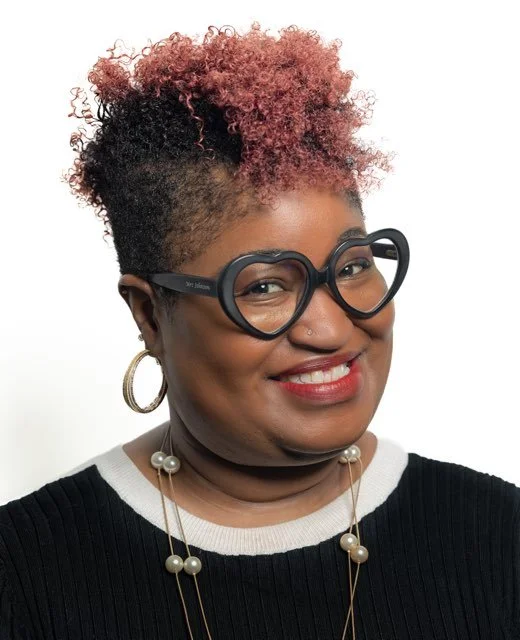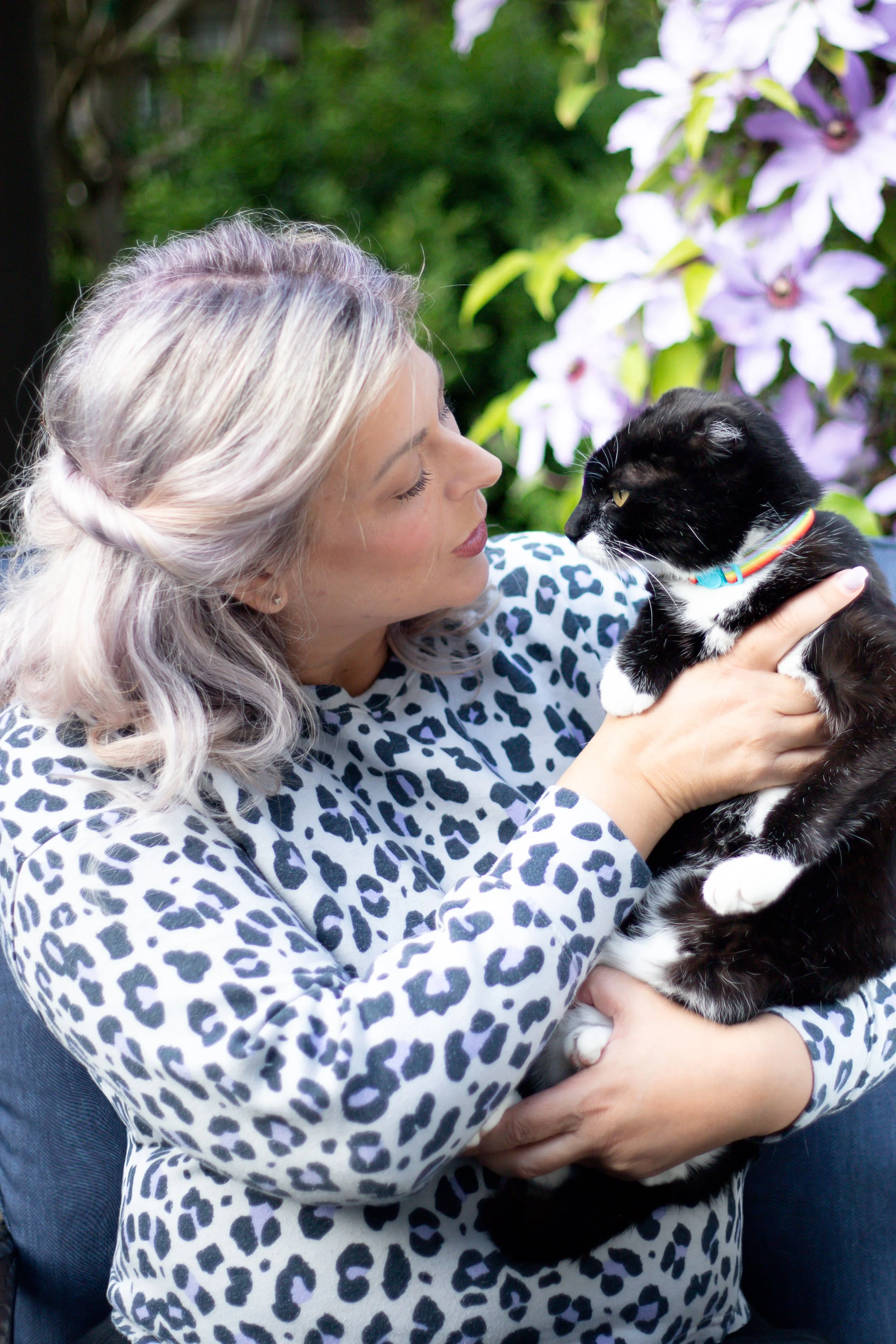Lisa Jacovsky
Lisa Jacovsky is a professor of Psychology at Union College and is working on her PsyD in School Psychology. Lisa began writing short stories when she was seven years old. Writing is a passion for her and one of the many things she enjoys. She is the author of the award winning first three books in the Lets Talk! Series, Rascal Cat Brothers, Purrrfect as I am and Spooky Ooky Dance Party. Lisa lives in New Jersey where she enjoys spending time with family and friends, traveling, and working on her next series, Happy Thoughts, which is going to be from Emma’s point of view.
Marina Raydun: You’re a psychologist and a behaviorist. What inspired you to pursue these fields and how do you feel this ties into choosing to write?
Lisa Jacovsky: Getting into psychology, I think, was something I became interested in during my senior year in high school. I took a few human behavior classes and loved it! I definitely did not think about going into applied behavior analysis, though. I really fell into that when I was researching masters degrees. I wanted something in psychology but originally thought about going into social work. When I was researching degrees, I found ABA. I liked the description of it and it made me feel like that is what I did in my job at the time in daycares. I always loved observing the kids and trying to understand why they did what they did. I also always liked helping the kids work on their behaviors. It just felt like a natural fit. When I started in the field that’s when I knew I had made the right choice. There is so much to do in psychology and more to behavior than just working with children. It really has been amazing to explore this field.
MR: What inspired you to write the Let’s Talk series?
LJ: I was inspired at work one day with a client. I was doing in home 1:1 ABA and my client’s mother told me about their day. They had gone to the park and my client had gone on the swings. But another little girl was trying to teach her how to swing the right way and was getting frustrated. I thought there needs to be more resources out there to help our kids learn how to interact with little ones with Autism and not get frustrated. That’s really how Lets talk! was born. My character with Autism is loosely based on that client. Then, in thinking about things, I thought why not show my world in ABA. The last company I had worked in was a residential group home organization. And one thing they asked me to do was to plan excursions. It was so much fun! That inspired me to write each book as a different activity. I wanted to show the world that these children can do it too. They are not limited by their differences. I wanted to show what I saw, the beauty in being different and have ASD.
MR: Have you written creatively before that?
LJ: I have. i’ve been writing short stories since I was in first grade. My grandmother still has copies of those as she always tells me. I have always loved to write and, with school, kind of fell off of writing my own stuff. But when I was inspired, it just poured out and it was the best feeling. It felt amazing to write these books and realize this dream I have had since I was a kid.
MR: If you could tell your younger writing self anything, what would it be?
LJ: To not listen to people that say you can’t make money in writing or journalism. That’s really why it took me so long to decide to write books. I never majored in it because I wanted a strong foundation for a career. I never thought to look into writing books or that there was anything like self-publishing. I just figured if I want to write again I will and it’ll be like an itch that needs to be scratched. Not something that I can make a real difference with. I would tell myself to keep going because you can do anything you want, no matter what others say about it.
MR: What is the first experience you had when you learned that language had power?
LJ: I don’t know if it was the first one, it was definitely close to it, but there is one memorable moment for me. That is when my grandmother said you helped me to understand Autism. It meant so much to me because she comes from a generation that really had no resources to go on for Autism. Her and my grandfather are the reason my whole family is so open to anyone; we were raised this way. But being open does not always mean understanding. For her to say that it meant she finally understood something that really was very difficult and different for her. That meant the most to me, and her support always has, too.
MR: What does literary success look like to you?
LJ: Literary success to me is where I am currently. My books sell but not only that, they are changing peoples minds about Autism. That is the biggest success to me. My books don’t need to be best sellers or sell hundreds of copies in one month. But if I can sell one book a month that helps a family, that helps them accept their child, friend or coworker, which leads that individual with Autism to have a better life, then I have been hugely successful. For me it is not about the quantity of sales but the positive changes that each book makes for families and for those with Autism.
MR: What is your favorite genre to read?
LJ: It’s so funny because everyone assumes, being a children’s book author, that my favorite to read would be funny or cute books. But, actually, my favorite to read are thrillers and anything supernatural.
MR: What are you currently reading?
LJ: I am reading (for the second time) Lasher by Anne rice—one of my favorite authors.
MR: What other authors are you friends with, and how do they help you become a better writer?
LJ: Oh gosh, so many! I have three that are the most notable. All three have become like mentors to me. One helps me with my podcast. Another one helps me with marketing and any questions I have. The third has helped me with marketing and questions as well and has had me on his podcast a number of times. They are such amazing, generous and talented people. I have learned so much from them and am thankful for their friendship.
MR: How did publishing your first book change your writing process?
LJ: I don’t think it did really. I definitely have learned a lot since then about publishing and do things in that way differently now. But writing process is really the same. I write when I am inspired and don’t push myself. That way things flow naturally and because of that, it feels so much better when I write.
To keep in touch with Lisa, please check out the following:
FB: booksbylisajacovsky
insta: diverseinkbooks







